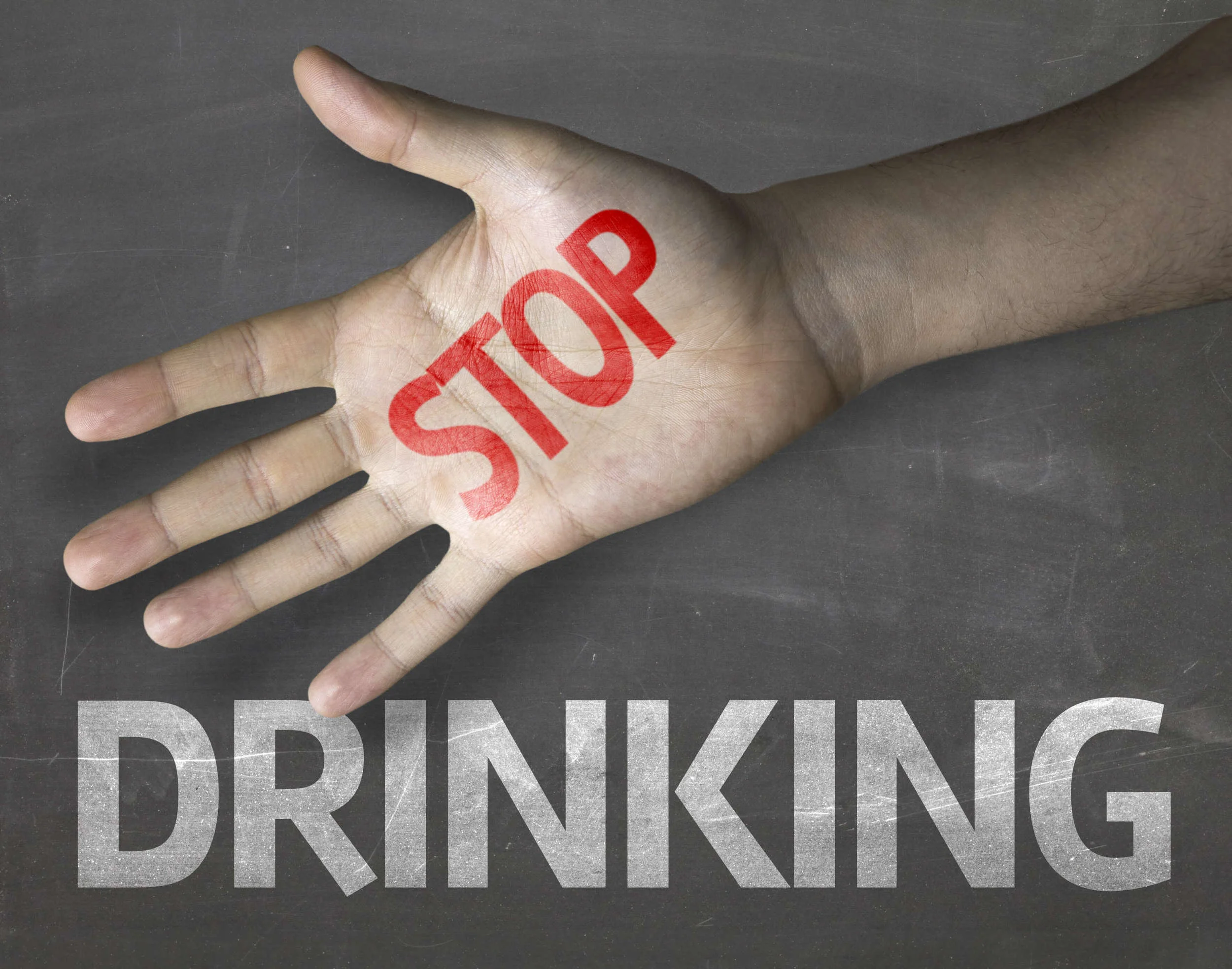10 Tips to Finally Quit Drinking For Good
/Some things are easier said than done. For some of us, the idea of not having glass of wine (or three) after work is scary and hard to imagine. Everyone’s relationship with alcohol is different, but the truth is, there are plenty of people who are living happy and adventurous lives – alcohol-free. If that sounds appealing to you, why not give it a try? Start with these 10 tips to quit drinking for good:
1. Declare your intentions to quit drinking
When you tell your family and friends your intention to stop drinking, you may be surprised by how willing they are to support your efforts. Any discouragement you receive will show you exactly who not to spend time with while you become accustomed to sober living.
2. Avoid the temptation to drink
Clean out the liquor cabinet, the beer fridge, and the wine cellar, especially if you’ve typically been an at-home drinker. Or, if weekend bar hopping was where you did most of your drinking, fill your weekends with other activities. Although there may be a time when you can frequent parties where your friends are drinking without feeling the need to drink yourself, it may be best to avoid temptation-causing situations when you first stop drinking alcohol.
3. Eat three full meals a day
When your stomach is full, and your body has its fill of healthy nutrients, you’ll be less likely to turn to alcohol. Wholesome eating also has the added benefit of helping you replace poor habits with nourishing ones. And when you feel better, you’ll be more likely to make healthier choices.
4. Aim for sobriety today, not for the rest of your life
The idea of never drinking again can be extremely daunting, especially when you’re first starting out and learning to live without alcohol. Instead of focusing on “forever,” try thinking about not drinking today. Consider what you can do to avoid drinking just this moment, just this hour, just today. Then do that.
5. Track and reward your progress
Mark every sober day on the calendar. Keeping track of your successes will do two things that support your sobriety: 1) It will help you recognize every day without alcohol as an accomplishment, and 2) It will help keep you from beating yourself up if you slip. Looking at a single slip-up on a calendar marked with 20 alcohol-free days will help remind you of your progress. Also, be sure to give yourself small rewards (a day at the movies, a nice meal out) at the end of each week or each 30 days of sobriety.
6. Notice (and enjoy) the benefits of sobriety
Pay attention to any benefits you’re experiencing as the result of not drinking alcohol. If you’re sleeping better, or feeling in a better mood, if have more energy, or more patience with your children, make a note of it. This list of benefits will prove to be a great place to turn when you’re grappling with the idea of drinking. While having a drink may give you the illusion of feeling better temporarily, this list will remind you of the daily benefits you receive from not drinking.
7. Seek out sober companionship
If your social circle revolves around drinking together, you may want to consider finding friends who don’t drink. Ask a co-worker to go zip-lining with you, or try out one of any number of sober social networking apps that can point you toward other people interested in socializing without alcohol.
8. Exercise
Exercise is the best natural mood-booster there is, and it’s a great tool for anyone who is learning to live without alcohol. Not only does it help fight depression and anxiety, but it also releases feel-good endorphins, giving you a natural high to replace the alcohol’s artificial high. Exercise can also help regulate your sleep patterns.
9. Practice forms of relaxation
Meditation and other forms of relaxation can play a large role in alcohol-free living. Often, those who drink alcohol do it to “wind down” after a hard day, to relax in social situations, or to alleviate anxiety. Breathing exercises, meditation, and yoga can do the same thing, but without the unwanted side effects. Just because you’re not drinking doesn’t mean life is going to be perfect. Relaxation and stress-management can help you cope with difficult people and situations – in a healthy manner.
10. Seek help if are unable to stop drinking
If you’re having a difficult time not drinking, even after you promise yourself you’re done with alcohol, then you may have an alcohol addiction. If this is the case, seek help. There are a number of resources available for people who want to quit drinking but can’t do it alone.
Please reach out for help. It is possible to live a healthy and positive alcohol-free life. Give us a call at (858) 784-7867.


